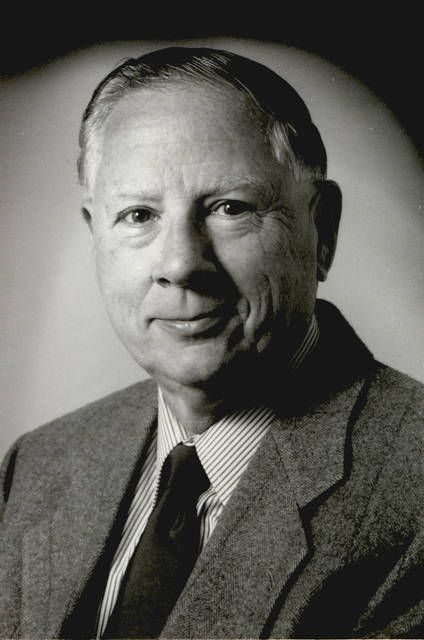Click here to subscribe today or Login.
SCRANTON — Despite what many pundits are saying, President Donald Trump’s recognition of Jerusalem as Israel’s capital is likely neither the end of Israeli-Palestinian peace hopes, nor the beginning of the end of the world, according to two University of Scranton professors who have studied the region extensively.
“I don’t see it as a substantial deal,” political science Professor William Parente said. “It’s not so much what we say, it’s what the Jews do and what the Arabs accept. The Knesset (Israeli parliament) and the prime minister are in Jerusalem and have been for decades. This doesn’t really change anything.”
The move may prompt some bombings and murders, but Parente pointed out Israel deals with those problems regularly. And when it comes to warnings that the move could kill any peace process, Parente is blunt.
“What peace process? There’s been talk about it as long as I’m alive, and I’m 80,” he said. “They always have an excuse to delay.”
If anything, he said, moving the U.S. Embassy from Tel Aviv to Jerusalem may simplify any peace effort.
“I think this gets one issue off the table,” Parente said. “The problem now is, can the Arabs have East Jerusalem as their capital. If I were (Israeli Prime Minister Benjamin) Netanyahu, I would say yes.”
Netanyahu is widely seen as taking a hard line in dealing with the Palestinian issue. And while he hasn’t raised the idea of giving East Jerusalem as a possible capital for a Palestinian state, “Now it’s on the table,” Parente said. “The question is, do they want it as their capital, or are they more comfortable having it in Gaza or the West Bank?”
‘End days’ nigh?
Meanwhile, claims that Trump’s move helps fulfill a biblical prophecy by bringing on the “end days” of Earth are based on an “incomplete” look at history and the texts in question, theology assistant professor Michael Azar said.
The prophecy is interpreted from several Old Testament books, particularly Ezekiel and Jeremiah, Azar said. Passages talk “about Jews once again returning to Jerusalem,” he said, after they were exiled by the Babylonians around 586 B.C. The problem, Azar said, is that Jews were allowed to return when the Persian Empire conquered the land about 50 years later.
The question becomes “was Jerusalem returned to the Jews when the Persians allowed it, or in 1947” when modern Israel was formed. Or for that matter, did it happen in 1967 when Israel won control of all of Jerusalem from Jordan.
There is a subtler aspect in the Bible often overlooked when people talk of Jews reclaiming Jerusalem as the beginning of the end days, Azar added.
“From the biblical perspective, this is what happens in the Hebrew writings: The over-arching story, if you will, is that God gives Jerusalem to the Israelites, but the Israelites lose it in the Babylon exile because they neglected His law,” which was to rule justly, caring “for the more marginal or oppressed members of society.”
Azar also found irony in the fact that the idea of America helping fulfill the prophecy is embraced vigorously by Evangelical Christians, yet was widely rejected by Christians living in Jerusalem.
“Right before Trump made the announcement, all the heads of local churches in Jerusalem came out with a statement asking him to not do it,” the professor said.






